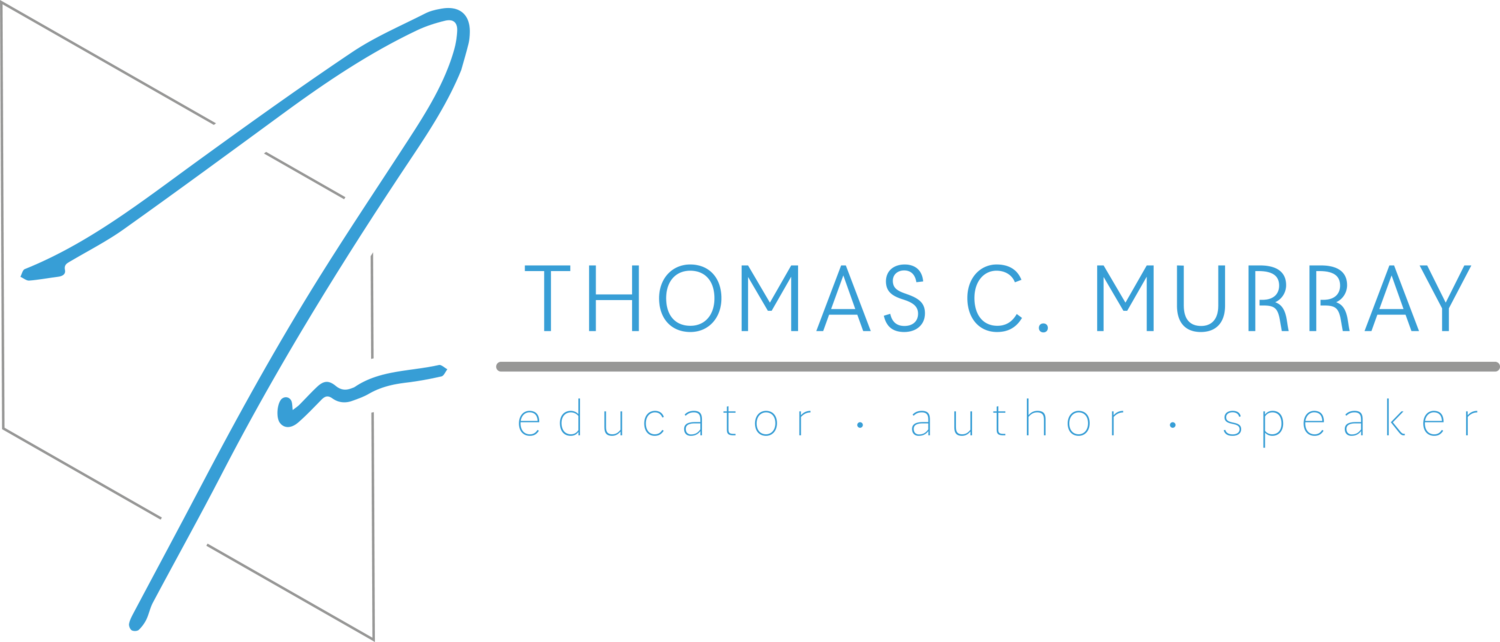Professional Learning that Connects and Empowers Teachers
As educators, our core business is learning. We fulfill a multitude of additional roles that are also extremely important, yet, at its essence, education is about learning and our schools and school districts must be learning-focused organizations. Of course, when we talk about learning as our core business, we (rightly) think, first and foremost, of student learning. Our very finest educators share a passion for ensuring that every student they serve learns and grows to their absolute ultimate potential--with the standards they are charged with teaching serving as the floor of student learning for all students, but the ceiling for none. Since our core business remains student growth and learning, it certainly stands to reason that teacher growth and learning is nearly, if not equally, as important. Teachers who model lifelong learning, continuously expanding their knowledge base and skill-set are much more likely to produce students who follow suit.
In a traditional model, teachers are often left feeling as though professional learning is something done to them, not something of which they are a vital part. Teacher voice in professional learning is imperative, yet something largely ignored in many school districts. In a truly “professional” environment, districts empower teachers to design their own learning and, in turn, teachers take ownership of the learning and are responsible for personal learning outcomes. We do not believe that the traditional sit and get, hours-based model for teacher learning has enduring impact in most cases. The time has come for a new vision for professional learning.
Effective professional learning looks a whole lot like effective classroom instruction. It is structured, yet flexible. It is teacher-focused and personalized, yet is a collaborative venture between each teacher and a building leaders. It allows for a great deal of teacher choice and teacher voice within a system of professional learning expectations and mindsets. It is based on the needs of individual teachers and provides real world, practical learning experiences that allow for teachers to become better at what they do. Effective professional learning--like effective classroom teaching--results in more actively engaged participants and, ultimately, improved results. Students do not want their time wasted on “busy work” assignments and impersonal learning activities. Not surprisingly, neither do teachers.
Our new vision for professional learning is based on:
The unique interests, individual styles, and specific needs of individual teachers;
Asking each teacher, “What is best for you? What do you need to grow professionally?”
Understanding each teacher’s zone of proximal development, and providing them the opportunity to access resources to progress at their personal rate;
Meeting each teacher where they are, determining where they need to be, and supporting them to close this gap;
Allowing teachers to learn at their own pace, using the tools that help them learn; and
Aligning what it is we need our students to know and be able to do with what our teachers need to know and be able to do.
To truly own their learning, teachers must be learning and experiencing something they find of value and something directly applicable to the work they do, the students they teach, and the content they are expecting their students to learn. How do we intentionally allow for teachers--in collaboration with school and district administrators--to own their learning in this way? We believe that teacher voice and teacher choice are key.
As districts empower teachers to design their own learning and begin to respect non-traditional forms of professional learning, as opposed to focusing on ‘what hours count’, a cultural shift and transformation regarding who owns the learning can be unleashed. In schools where staff are told that conversations on social media or attending EdCamps don’t ‘count’ as learning, educators are dissuaded from taking ownership of their own learning. When professional learning conversations are focused on a set number of hours and not on personalized learning outcomes, there is little incentive for educators to seek out their own learning experiences. However, when empowered and encouraged to design their own learning, personal and cultural transformation can and does occur.
Similar to how a GPS will calculate, predict, and outline a pathway to a particular destination, so too should a personalized roadmap for professional learning. As with any travel destination, there are times where detours need to be considered, new pathways need to be found, and recalculating is needed to achieve the journey’s final destination. As with any journey, one’s starting point determines the length of time it takes to arrive at the final destination.
This post originally appeared in Smartbrief and can be found here.

